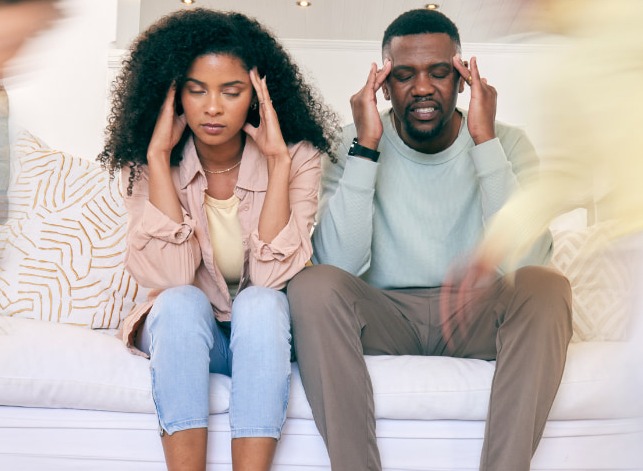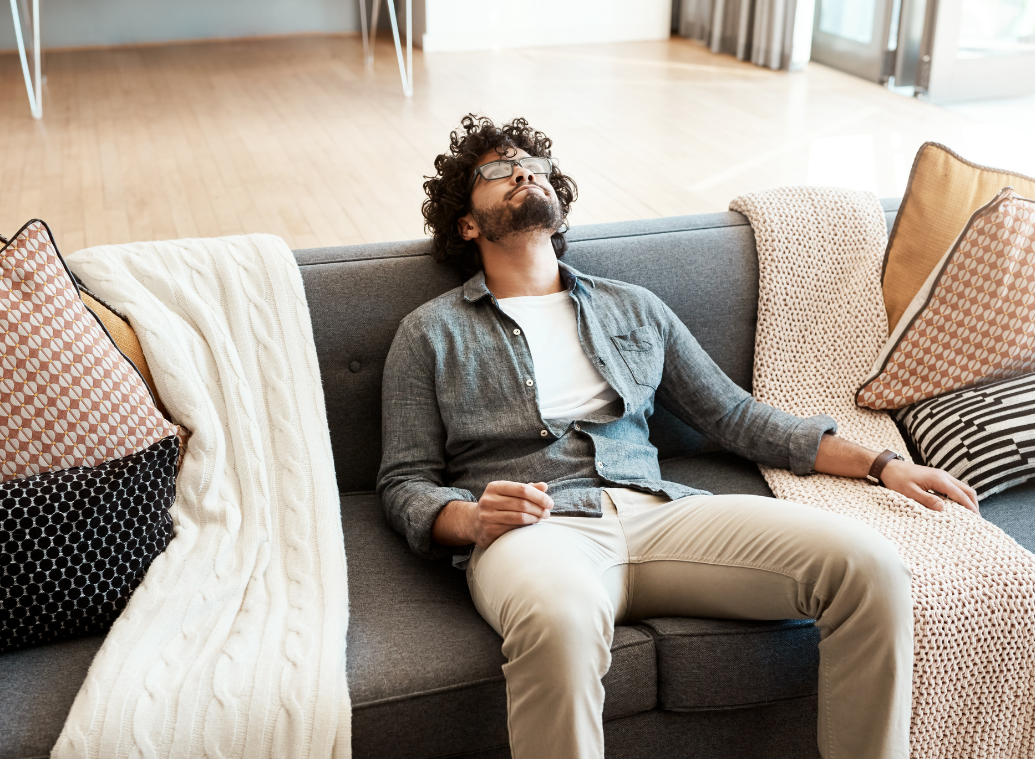- Home
- Share
- Forum
- General forums
- News from the media
- Art boosts long-term mental health - new study
Art boosts long-term mental health - new study
- 39 views
- 0 support
- 2 comments
All comments

Unregistered member
31/07/2017 at 20:47
geraldine.jones@tiscali.co.uk
Give your opinion
Survey
Articles to discover...

14/03/2025 | Nutrition
Carbohydrates: Friend or foe? Everything you need to know to make the right choices!
Subscribe
You wish to be notified of new comments
Your subscription has been taken into account







Margarita_k
Community managerGood advisor
Margarita_k
Community manager
Last activity on 07/10/2020 at 11:39
Joined in 2016
1,195 comments posted | 154 in the News from the media group
1 of their responses was helpful to members
Rewards
Good Advisor
Contributor
Messenger
Committed
Explorer
Evaluator
Anglia Ruskin University conducted an evaluation of an NHS initiative, Open Arts Essex, which consisted of 12-week arts courses in community venues in the county. Participants included mental health service users, carers and self-referred individuals.
The research looked at the participants' experiences of the course and also measured their wellbeing and social inclusion three and six months after it finished.
A questionnaire taken immediately after the course finished showed that all respondents enjoyed the activity and 90% reported increased motivation to do art work. More than 80% reported improved confidence.
After three months, most were continuing with their art work and some had taken it further, attending other art groups and even enrolling in courses at college. After six months, activities undertaken by participants included joining a choir, running an art group at a substance misuse service and making a documentary film.
Participants also showed significant improvements in measures of mental health and social inclusion, and these improvements continued at both three and six months after the course.
Anglia Ruskin's Dr Ceri Wilson, co-author of the study, said: "The results of this study add further weight to the growing evidence that arts participation is an effective means of promoting mental wellbeing and social inclusion for people experiencing, or at risk of, mental health problems. A key aim was to assess whether the benefits were maintained in the long-term and this study shows this was indeed the case. The majority were continuing their art work and for those pursuing related courses or work, social inclusion gains are likely."
MedicalNewsToday.com